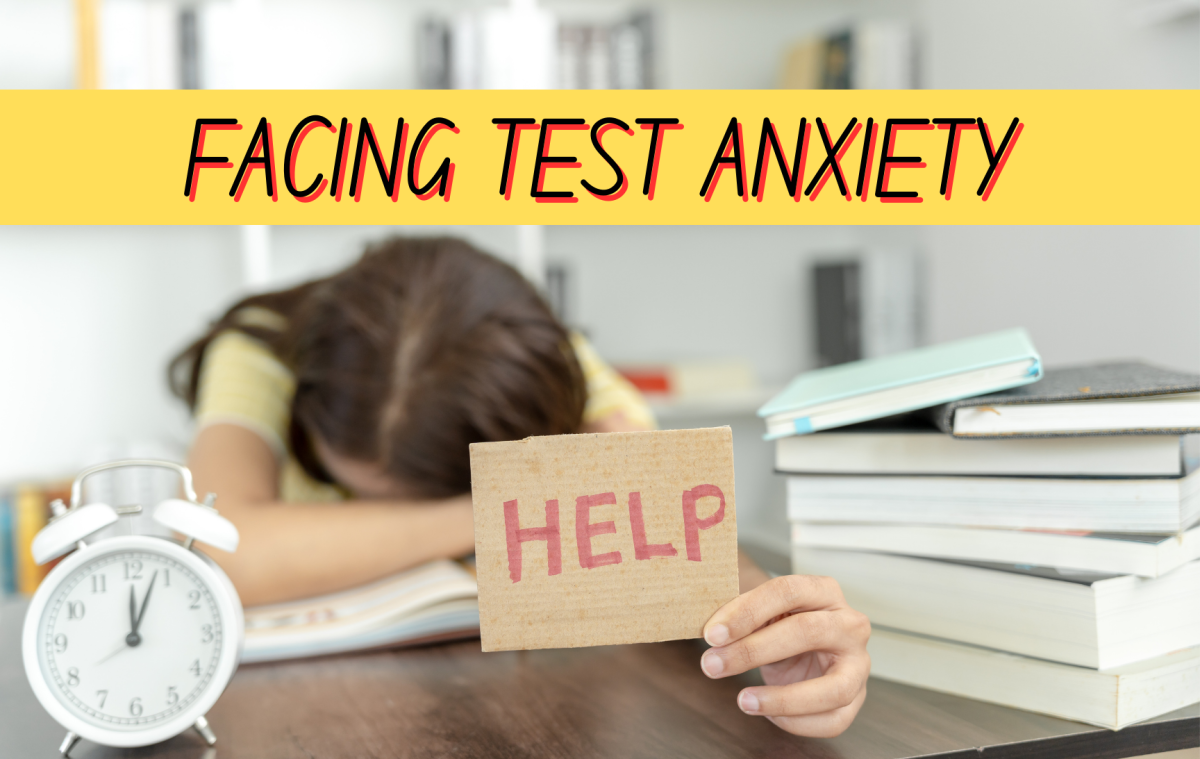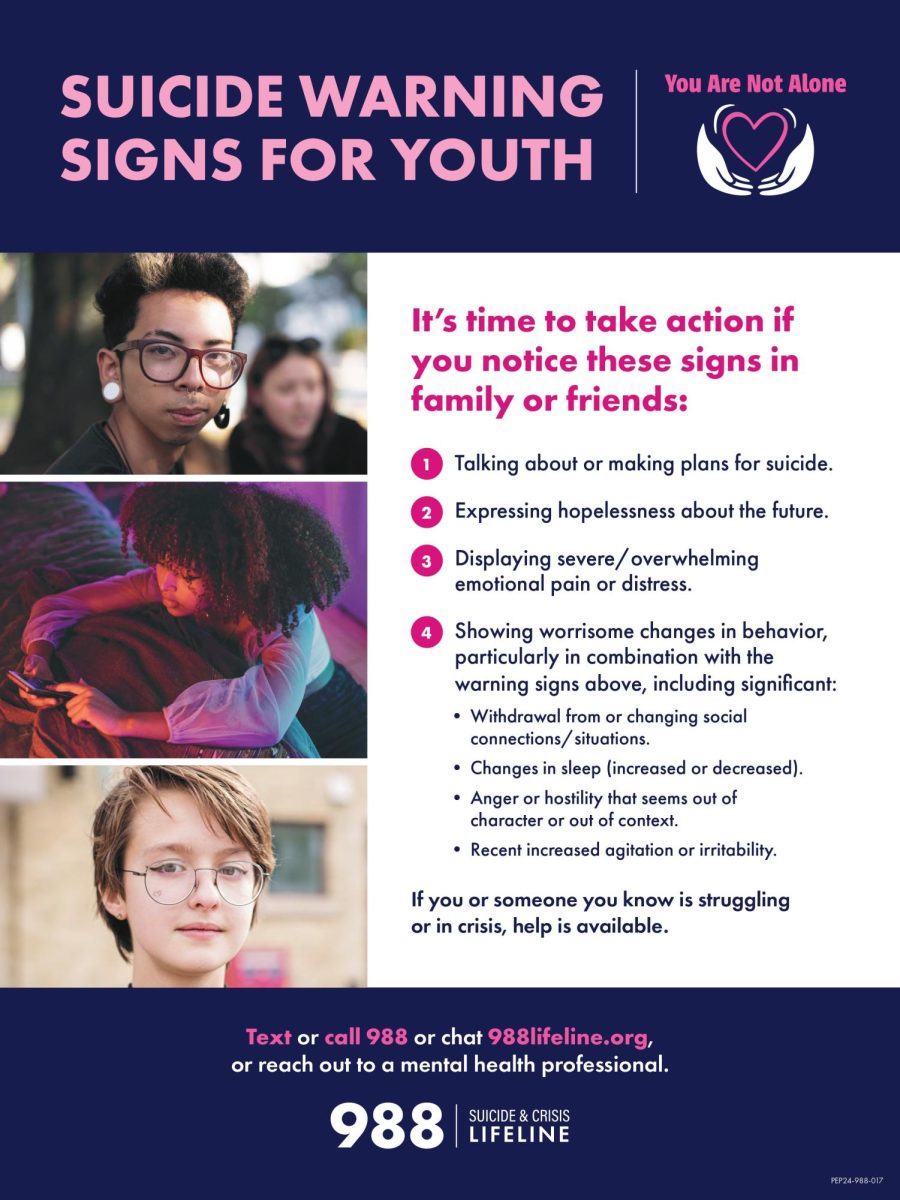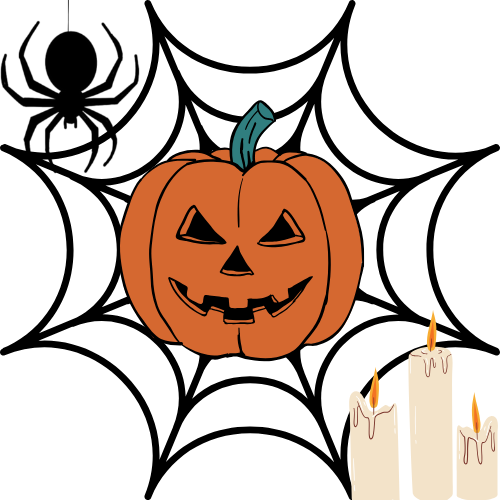The classroom falls into a hush as the teacher hands out the exams, the clock ticking away softly in the background. The sound of pages opening washes across the room as students start the test. Your eyes fall onto the paper in front of you, and a sudden wave of anxiety and dread wash through your body. You feel your stomach start churning and your mind becoming a flurry of anxious thoughts. Test anxiety is common in any student, and with exam season upon us, it is at an all-time high.
Many people assume that test anxiety is only something an underprepared student may feel, but that isn’t true. Test anxiety can affect people of all ages and in any field.
“A little nervousness before a test is typical and can help sharpen your mind and focus your attention, Craig N. Sawchuk said in and article published by the Mayo Clinic. “But with test anxiety, feelings of worry and self-doubt can interfere with how well you do on tests and make you miserable. Test anxiety can affect anyone, whether you’re a grade school or high school student, a college student, or an employee who has to take tests to move ahead in a career or get certified.”
However, being underprepared for an exam is a key factor that leads to test anxiety. Being able to study and communicate is key for a student’s education, and the anxiety lies in the fact that many people cram the night before, or don’t study at all.
“When you know weeks in advance that a test is coming the best thing to do is to prepare for it, to study for it, and that can mean that if you know math isn’t one of your best subjects go to tutorials,” high school counselor Aracele Garcia said. “I think a lot of anxiety comes from not feeling prepared and then all the emotions come up in front of the test. Studying for the test beforehand, instead of cramming it all at the last minute and trying to remember everything, a little bit at a time is perfect. Also communicating with your teacher is key, teachers are all here to help you so if you’re concerned about a test, talk to your teacher and let them know how you feel about it and ask if they have any advice or if there is anything you could do to better prepare for the test.”
There are many different ways that students can cope with test anxiety, whether preparing properly or finding a strategy that works. Breathing techniques, music or chewing gum can help when your stomach is in knots and your mind is on over time.
“I get anxiety really bad sometimes because I’m just naturally anxious,” junior Sarah Guerra said. “I normally try to chew gum or take deep breaths when I start to feel anxious. I study as much when I know a test is coming, but it doesn’t seem to help. I think many people think people who study don’t get test anxiety, but in reality, that’s probably the opposite.”















